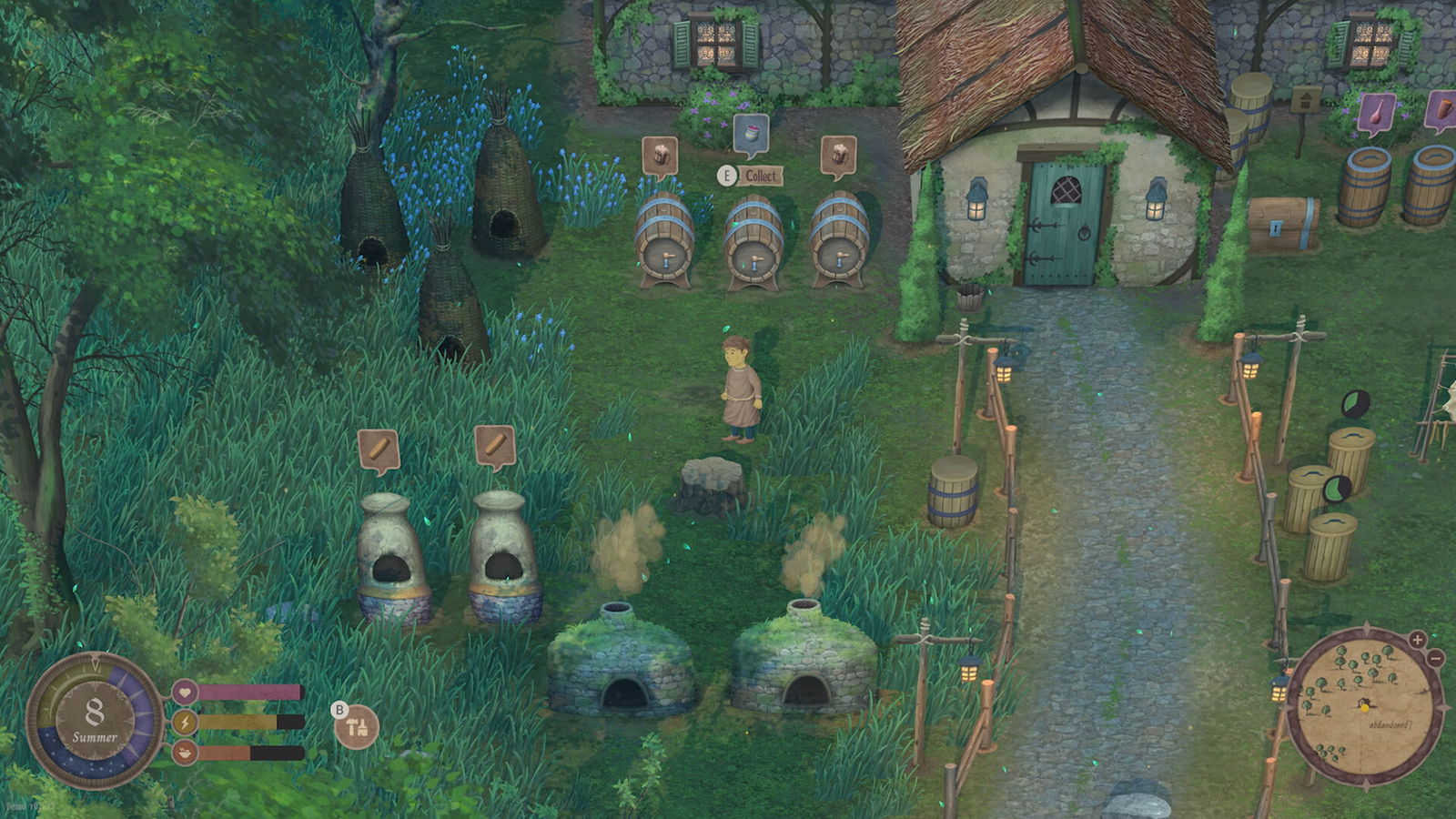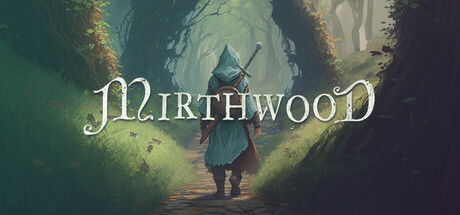After relentless prodding from CGM’s Dayna Eileen, I decided to take a look at Mirthwood. It’s an ongoing thing between us to share interesting-looking cozy games, and she thought this would be right up my alley due in large part to its medieval setting and somewhat grim atmosphere—what that says about me, I’m not quite sure.
In truth, while the idea that a farming sim set in a time of mass famine, inequality and general ignorance would be considered cozy certainly piqued my interest, I couldn’t help but laugh at the irony of calling it a cozy game—it seems a bit more to me like a survival horror. However, despite its interesting ideas, Mirthwood failed to grab me for the simple fact that it’s just not really interesting.
The story, such as it is, unfolds when the ravages of war force the player from their idyllic country life on the Continent to the island of the Free Lands. Governed by no King or ruling class, the player must forge a new idyllic life here after they are bequeathed a run-down farm. There are some points of intrigue surrounding the mysterious figure who gives you the farm, but it’s fairly straightforward as far as these things go.
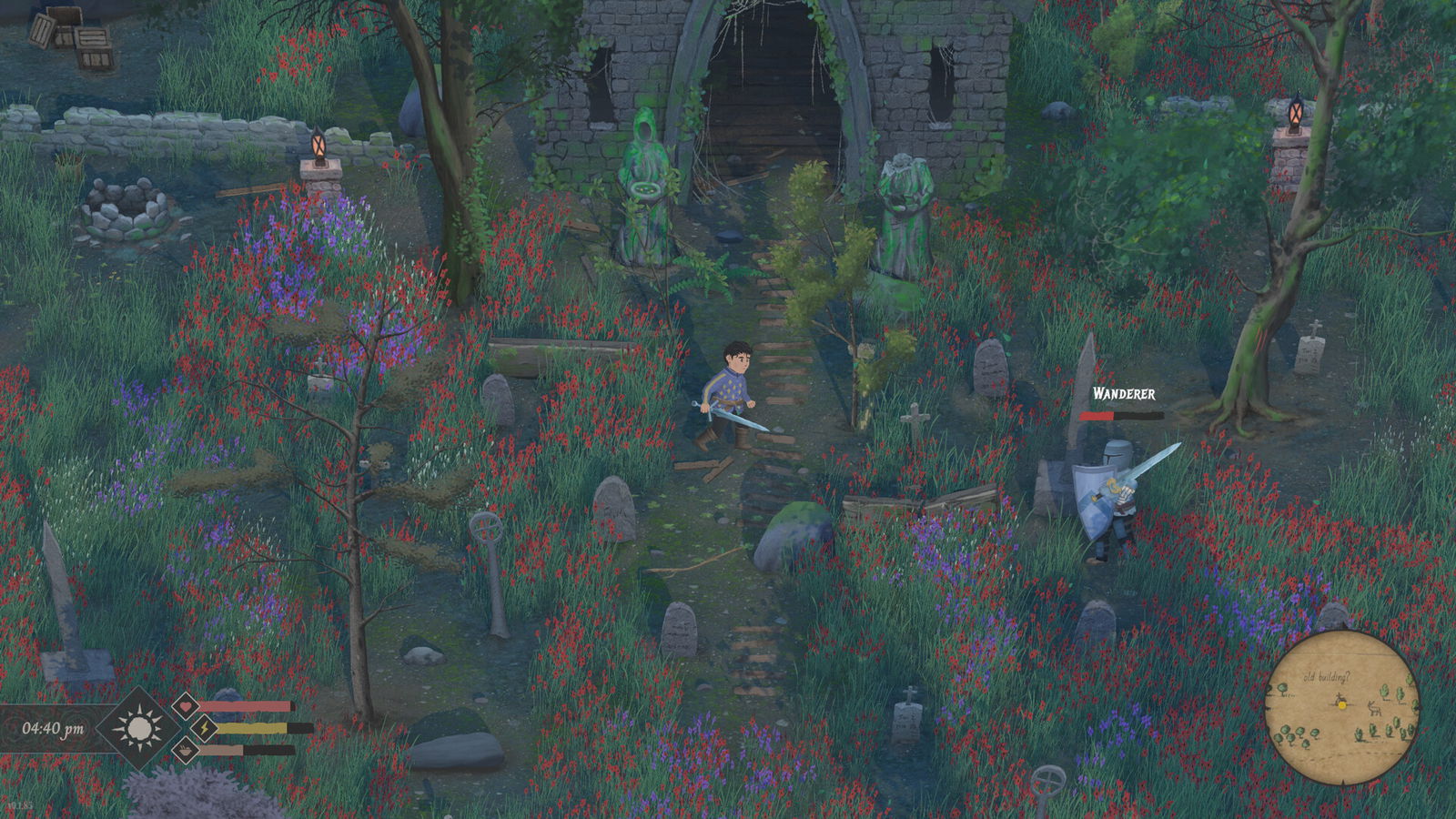
However, the story, much like everything else suffers from a distinct lack of any distinguishing characters or memorable moments. If you look back on almost all the Story of Seasons games, or even something like Stardew Valley, the first thing players tend to do is run into town and meet all the locals. These characters are given profile portraits, distinct characteristics and even specific schedules.
“Mirthwood has a few good ideas, but good ideas don’t always make a good game.”
It was the first thing that immediately deflated me to the experience when I went into what is effectively the main town to meet the locals, and they’re all essentially cardboard cutouts. They have no distinguishing features, nothing interesting to say—the conversation is a whole other thing we’ll get into—and no reason for me to want to know them or even attempt to romance them. Even if Mirthwood’s goal was to capture a sense of the hardship and rudimentary intellect of the Middle Ages, you still need to tell an interesting story with memorable characters. Otherwise, what’s the point?
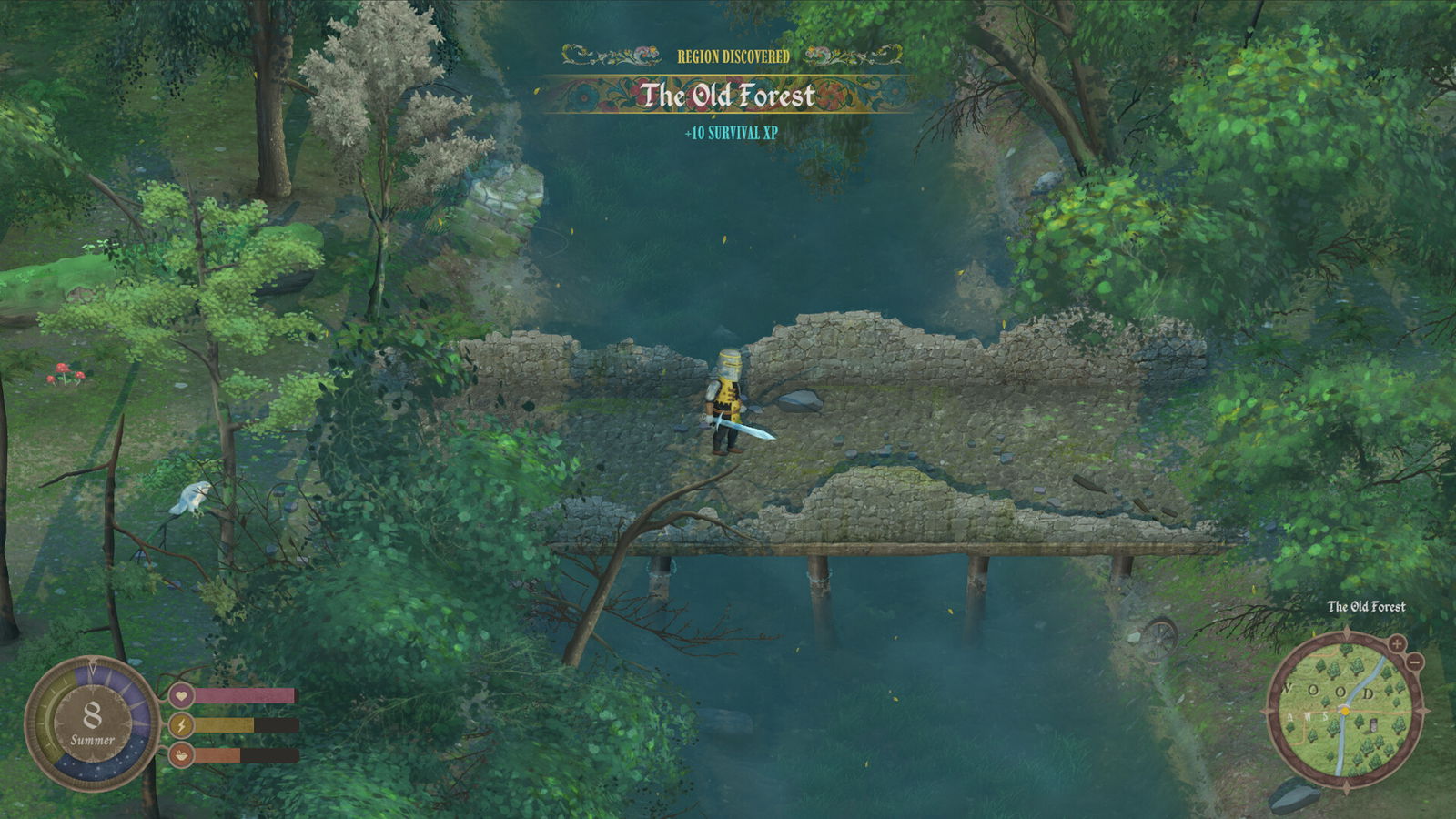
The gameplay in Mirthwood attempts to have some dimensionality, however, it too falls prey to the game’s overarching mundanity. There’s a lack of polish that runs through all of it, and on the whole, it feels a bit unfinished. There’s a weird disparity in performing simple actions—take tilling the soil, for example. Despite its top-down perspective, players can only perform actions while facing left or right. However, for tilling soil, players can aim where they want the ground tilled with the mouse, so there’s always a strange feeling that where you are isn’t where things are going to go.
This goes for the combat as well—which Mirthwood really seemed to emphasize as part of its gameplay in trailers. It’s a fairly clunky and uninteresting affair to begin with, but there’s no sense of range or position since you can only perform combat actions while facing left or right, so despite the game’s dimensionality of movement, there’s zero strategy.
“Mirthwood never really captures the looming sense of dread that accompanied living in the Middle Ages.”
It helps a lot that the game is pretty buggy, so oftentimes, it’s really easy to fight against broken AI that fluctuates wildly from just standing in a defensive pose—easily broken by a heavy attack—or swinging wildly at nothing allowing for easy cheap shots while their backs are turned.
Then there’s the conversation mechanic that has some good ideas but executes them so listlessly. Similar to something like The Sims, players can talk to NPCs utilizing a range of options—from making small talk, to playful jokes, and even flirting. But, since almost no character has any spoken dialogue, this plays out as weakly as it does in The Sims. You choose an option, and you literally get a plus or a minus over that character’s head if they liked or disliked what you tried to say.
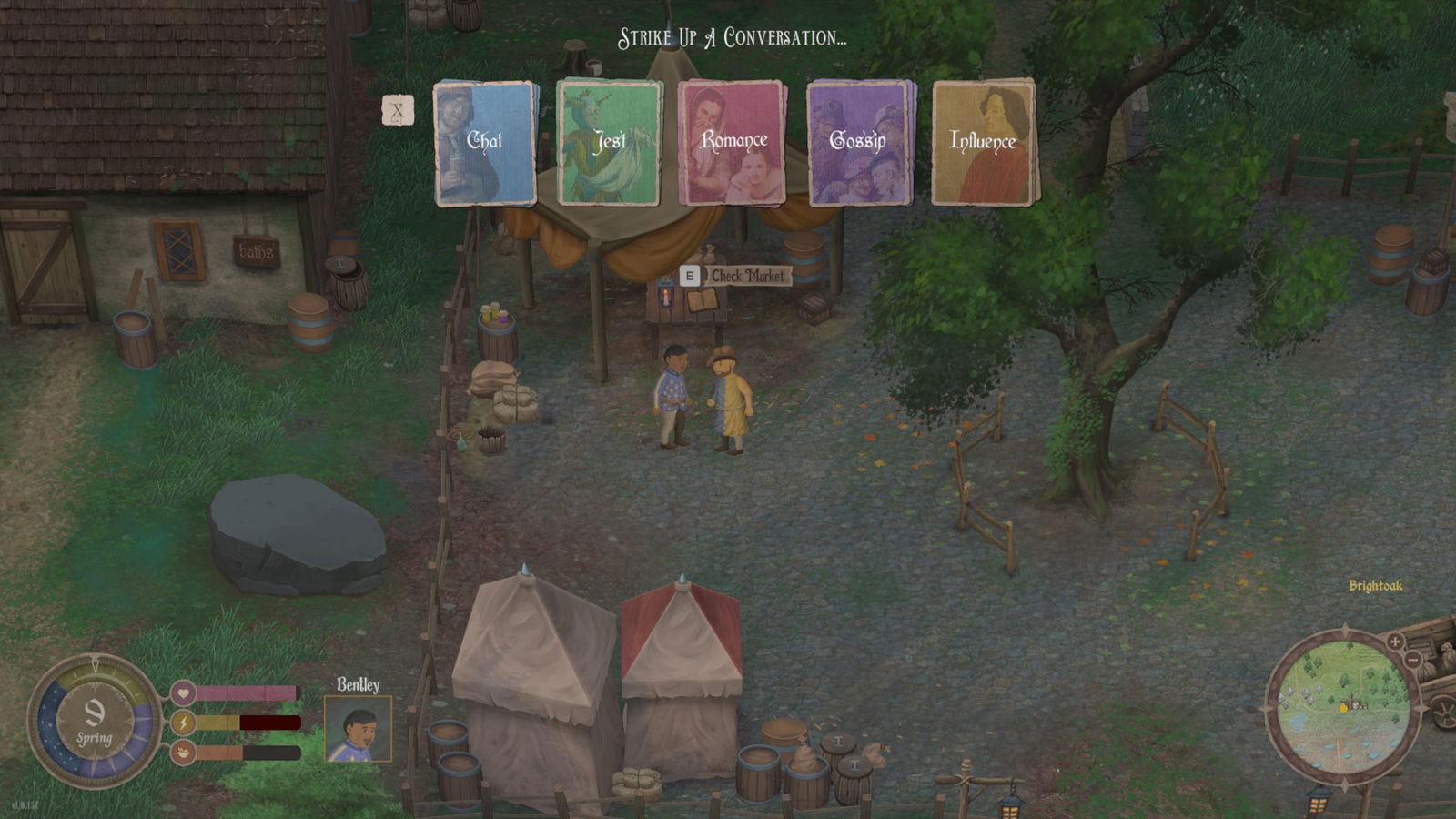
Furthermore, Mirthwood attempts a form of RPG elements in how players craft their character’s backstory and role—both choices affecting how they perform in-game, but honestly, the effects are so minor I never really felt like this came into play in any way. This goes for a lot of the game’s systems. There’s a Morality and Renown mechanic where certain actions are deemed as good or bad, but since the game has no actual characters or meaningful story moments, it all feels completely ineffectual.
Also, Mirthwood never really captures the looming sense of dread that accompanied living in the Middle Ages. Despite the ability to succumb to hunger or disease, at no point did I ever feel at the mercy of the game’s Survival Bars. It’s almost ludicrously easy to find food in the wild. The opportunities to gather items to sell are plentiful, so I was never worried about buying seeds or meals for the day.
And did I mention the game was buggy as all heck? Because it is. So often, basic things like trying to access menu tabs, trying to use tools or picking up items will just refuse to work until you close the game and reload. It makes what is already a pretty mediocre game into one that comes off dreadfully amateurish.
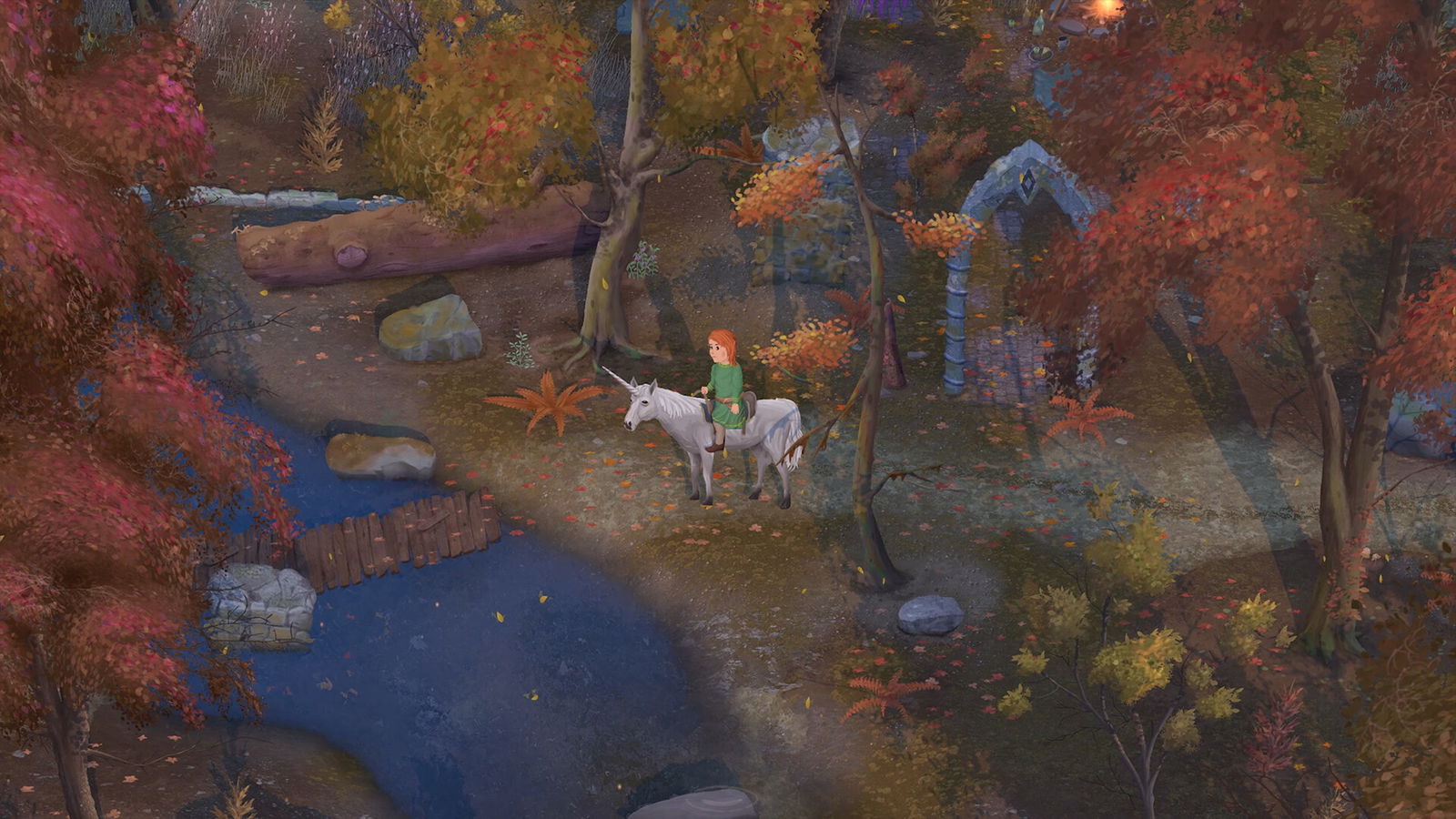
Visually, Mirthwood isn’t anything to write home about. While it does have a nice painted kind of aesthetic, it’s just so incredibly generic and uninteresting. Character models are all boring and kind of lifeless—I saw another review refer to them as Playmobile figures and I couldn’t agree more. The music goes a little way to make up for the game’s lack of distinguishing features, with a gentle ambiance that combines flute and mandolin in a way that reminds me a lot of The Elder Scrolls IV: Oblivion soundtrack.
Mirthwood has a few good ideas, but good ideas don’t always make a good game. Had those ideas been combined with a game that had a distinct identity—or even one that didn’t feel so broken—it could’ve been something special. It’s a decent attempt, but other farming games have been more simple and more interesting.
